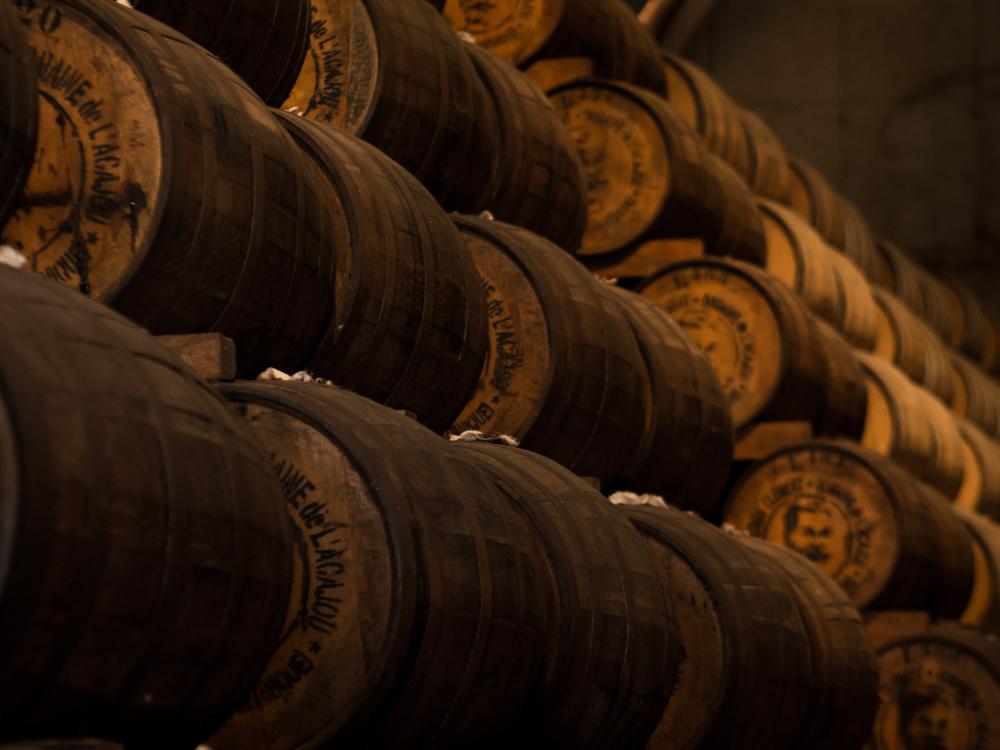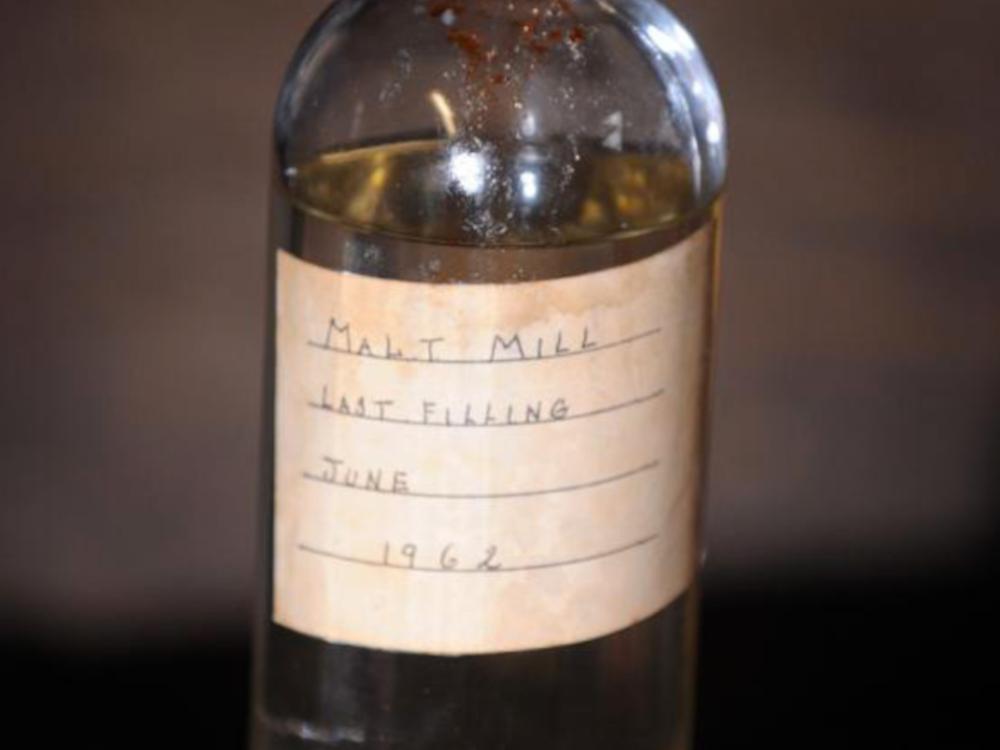Whisky myths, marketing and misunderstandings
Whisky has for most of its history been mired in marketing and myth rather than in objective fact. This is no different to most other products, however for the new drinker trying to find their product of choice, or even the enthusiast looking to peer beneath the surface, grappling with the contradictory vantage points, the half truths and misinformation it can be somewhat exhausting and on occasion rather disillusioning. The issue is twofold; marketing and ignorance where expertise is expected.
As a result of marketing there are a lot of claims made within the whisky world, from the importance of colour, to the concept of terroir or even the age of a distillery that don’t always stand up to close scrutiny. Sometimes marketing is blatant spin, at other times it’s a bit of a fudge or a misrepresentation but it’s seldom an out and out lie. Marketing is never malicious but as often as not it does act as a barrier keeping consumers ignorant.
Likewise the people we suppose to be experts can on occasion also muddy the water. In the construction of whiskipedia.com I toured a LOT of distilleries. Some were led by the most knowledgeable people I’ve ever had the pleasure of meeting. Others were by younger, less experienced and far less knowledgeable staff. In Ireland I was told that all Irish whiskies are triple distilled (sadly no one told the team at Cooley), in Scotland I was told there was no such thing as a blended malt (perhaps they haven’t heard about the pure malt controversy), and an American tour guide informed me that their 36 hour fermentation was one of the longest in the world (Scapa has them trumped at 70 hours, though used to go as high as 120).
None of which is to say that marketing has no place in whisky, or that these truths are even important to all consumers. The average tour guide doesn’t need to know much about the process to keep their tours happy, anymore than the average bartender needs to know the difference between highland and Islay peat. Most consumers are just happy that the liquid inside their glass looks, smells and tastes the way they expected it to. Few pay much attention to the packaging, and fewer still care what the jargon means. This book isn’t for them, it’s for the other ones, the drinkers who want to know a little more.

The Myth of Phylloxera and the Growth of Whisky
Published 10/08/2023
The myth The long-held belief among Scotch whisky experts posits that the devastation of the French wine industry by the North American insect Phylloxera in the 19th century led to brandy shortages, driving the English upper crust to embrace Scotch whisky. This shift is often credited with elevating Scotch to its esteemed reputation today. The myth paints a picture of a direct correlation between the Phylloxera crisis and the rise of Scotch, with the insect’s destruction of French vineyards leading to an immediate increase in whisky consumption.
The Myth of Phylloxera and the Growth of Whisky
The truth about sherry casks
Published 14/01/2021
The myth Distillers and blenders love to talk about their sherry casks, and how these are used in bodegas. Some even make suggestions that these casks were the supremely valuable Solera casks used for fractional distillation. In reality the casks used by the whisky industry have more to do with vinegar than with Solera. The Truth about whisky sherry casks While manufacturers like to present it differently essentially no sherry casks in Scottish warehouses are real bodega casks that have been used for sherry maturation.
The truth about sherry casks
Who really invented whisky: The Scots or the Irish?
Published 14/01/2021
The myth The Scots invented whisky. Or sometimes that the Irish invented whiskey. Who invented whisky? No one knows for sure. The popular refrain is that “the Irish invented it, the Scots perfected it and the Americans ruined it”. Excluding the comment about the Americans, who produce a dizzying array of whiskies ranging from sublime to the truly horrendous, this may well be true. Sadly we will almost certainly never know who began the whisky making tradition.
Who really invented whisky: The Scots or the Irish?
